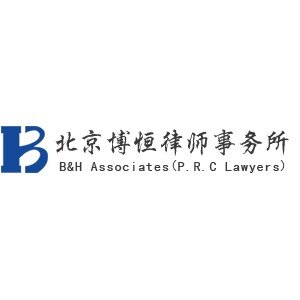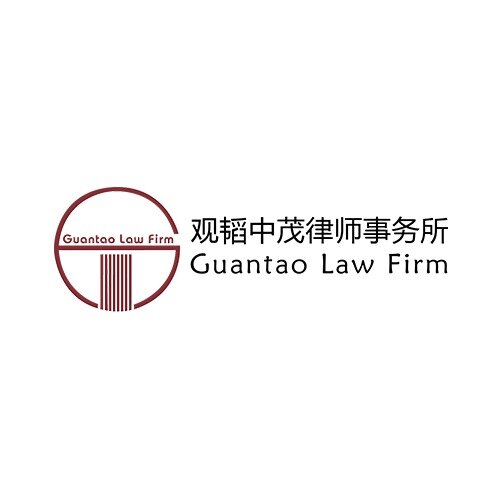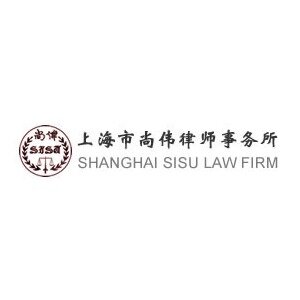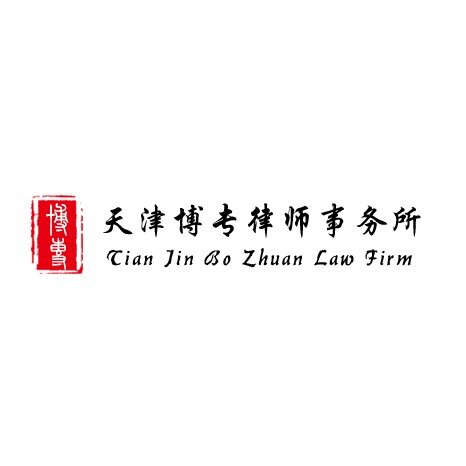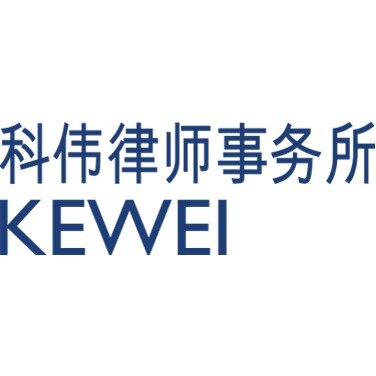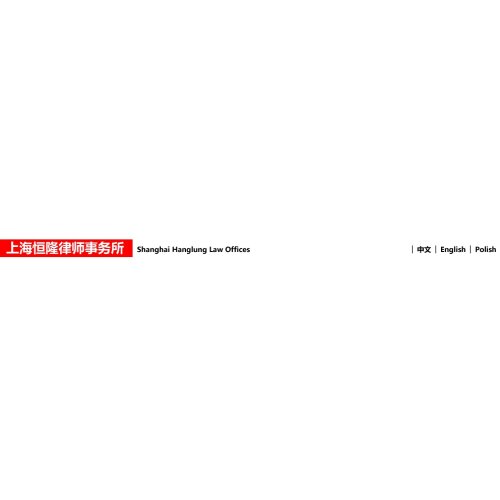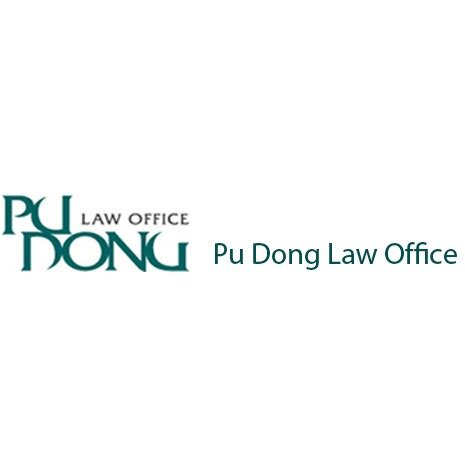Best FDA Law Lawyers in China
Share your needs with us, get contacted by law firms.
Free. Takes 2 min.
Or refine your search by selecting a city:
List of the best lawyers in China
About FDA Law in China
FDA Law in China refers primarily to the legal and regulatory framework that governs the safety, quality, approval, and oversight of food, drugs, medical devices, and cosmetics within China. The principal regulator is the National Medical Products Administration (NMPA), formerly known as the China Food and Drug Administration (CFDA). The laws and regulations aim to protect public health, ensure product efficacy and safety, and clarify the responsibilities of manufacturers, importers, distributors, and retailers. In recent years, China has made significant reforms to align with international standards and to address emerging topics such as e-commerce, clinical trials, and innovative therapies.
Why You May Need a Lawyer
Navigating FDA Law in China can be complex due to frequent regulatory updates, stringent compliance requirements, and possible language barriers. Here are some common situations where legal advice is essential:
- Seeking market approval or registration for new drugs, medical devices, or imported food products
- Resolving compliance challenges in product labeling, advertising, and recall procedures
- Managing regulatory investigations, inspections, or enforcement actions
- Protecting intellectual property linked to pharmaceutical innovations or medical products
- Addressing cross-border and e-commerce transactional issues
- Negotiating with regulatory authorities or responding to administrative penalties
- Handling disputes involving consumers, partners, or other industry participants
Legal professionals help interpret regulations, prepare documentation, represent clients before authorities, and minimize compliance risks.
Local Laws Overview
Key laws and regulations in China related to FDA Law include:
- Drug Administration Law: Governs the approval, manufacture, import, and distribution of pharmaceuticals.
- Vaccine Administration Law: Provides stricter regulations on vaccine safety, production, distribution, and management.
- Food Safety Law: Sets out comprehensive requirements for food production, distribution, import/export, labeling, and traceability.
- Medical Device Regulation: Differentiates regulatory requirements based on risk classification of devices and outlines the approval process.
- Cosmetics Supervision and Administration Regulation: Stipulates procedures for cosmetics registration, manufacturing, and quality standards.
- China’s National Standards (GB Standards): Define technical and safety requirements for specific product categories.
Regulatory reforms and harmonization with international standards are ongoing. Compliance with local standards and regulatory reporting is mandatory, and violations can lead to administrative penalties, recalls, bans, or even criminal liability.
Frequently Asked Questions
What is the NMPA and what does it do?
The National Medical Products Administration (NMPA) is the primary regulatory authority responsible for supervising the safety, efficacy, and quality of drugs, medical devices, and cosmetics in China. It also coordinates with the State Administration for Market Regulation (SAMR) for food products.
Is foreign approval recognized in China for drugs or devices?
Generally, China does not automatically accept approvals from other countries. Foreign drugs, medical devices, and some food products must go through China's specific regulatory registration or filing procedures before being marketed in China.
What are the main steps to register a new drug or medical device in China?
The typical steps include preparing the technical dossier, submitting an application to the NMPA, conducting clinical trials as required, undergoing technical review, and then obtaining the registration certificate and manufacturing or import permits.
Can companies sell health supplements and cosmetics online in China?
Yes, but companies must comply with all product registration requirements and labeling regulations. E-commerce platforms also have their own compliance rules, and authorities often enforce stricter oversight over online sales.
What are the penalties for non-compliance with FDA Law in China?
Penalties may include fines, product recalls, license revocations, blacklisting, bans on directors or responsible persons, and, in severe cases, criminal prosecution.
Are clinical trials required for all imported drugs or devices?
Most imported drugs and high-risk devices require local clinical trials or at least bridging studies in China, unless certain exemptions apply, such as recognition of international multicenter data under specific circumstances.
What language must regulatory submissions be in?
All regulatory submissions must be in Chinese. Official translations are often required for foreign technical documents.
How are food additives and new ingredients regulated?
Novel food ingredients and additives typically require a safety assessment and approval before they can be sold or used in China. The process is overseen by the NMPA and relevant food safety authorities.
How can advertising claims for FDA-regulated products be legally compliant?
Advertising content must be accurate, scientific, and not misleading or exaggerated. Specific restrictions apply for functional claims, medical efficacy statements, and endorsements.
Do changes to approved products (formulation, manufacturing, packaging) require regulatory approval?
Yes, significant changes to approved drugs, devices, or foods often require new filings or amendments with the NMPA. Failure to update approvals may result in regulatory sanctions.
Additional Resources
Here are some helpful resources for further information on FDA Law in China:
- National Medical Products Administration (NMPA) - Official regulatory guidance and announcements
- State Administration for Market Regulation (SAMR) - Oversight of market compliance, food safety, and consumer protection
- Local Centers for Drug Evaluation - Clinical trial and product registration support
- Professional business associations such as the China Chamber of Commerce for Import and Export of Medicines and Health Products
- Chinese Embassy commercial offices for market entry guidance
Consulting these agencies can offer up-to-date information on regulation, product standards, and market access requirements.
Next Steps
If you need legal assistance relating to FDA Law in China, consider the following steps:
- Document your specific issue or compliance query in detail
- Consult a qualified Chinese attorney with expertise in FDA Law or a reputable consultancy experienced in regulatory affairs
- Gather all relevant documents, certificates, and correspondence for your case
- Check for official guidance or public notices from the NMPA or SAMR relevant to your situation
- Schedule an initial consultation to assess your case, possible compliance solutions, and risk mitigation strategies
Legal navigation in FDA Law can be highly technical and fast-evolving, so prompt professional advice can help you avoid costly mistakes and ensure successful market operations within China.
Lawzana helps you find the best lawyers and law firms in China through a curated and pre-screened list of qualified legal professionals. Our platform offers rankings and detailed profiles of attorneys and law firms, allowing you to compare based on practice areas, including FDA Law, experience, and client feedback.
Each profile includes a description of the firm's areas of practice, client reviews, team members and partners, year of establishment, spoken languages, office locations, contact information, social media presence, and any published articles or resources. Most firms on our platform speak English and are experienced in both local and international legal matters.
Get a quote from top-rated law firms in China — quickly, securely, and without unnecessary hassle.
Disclaimer:
The information provided on this page is for general informational purposes only and does not constitute legal advice. While we strive to ensure the accuracy and relevance of the content, legal information may change over time, and interpretations of the law can vary. You should always consult with a qualified legal professional for advice specific to your situation.
We disclaim all liability for actions taken or not taken based on the content of this page. If you believe any information is incorrect or outdated, please contact us, and we will review and update it where appropriate.
Browse fda law law firms by city in China
Refine your search by selecting a city.



